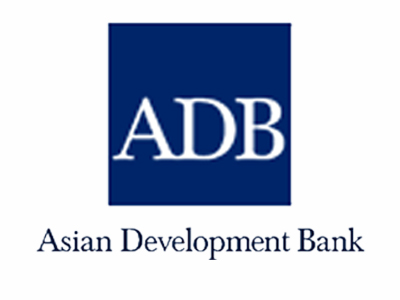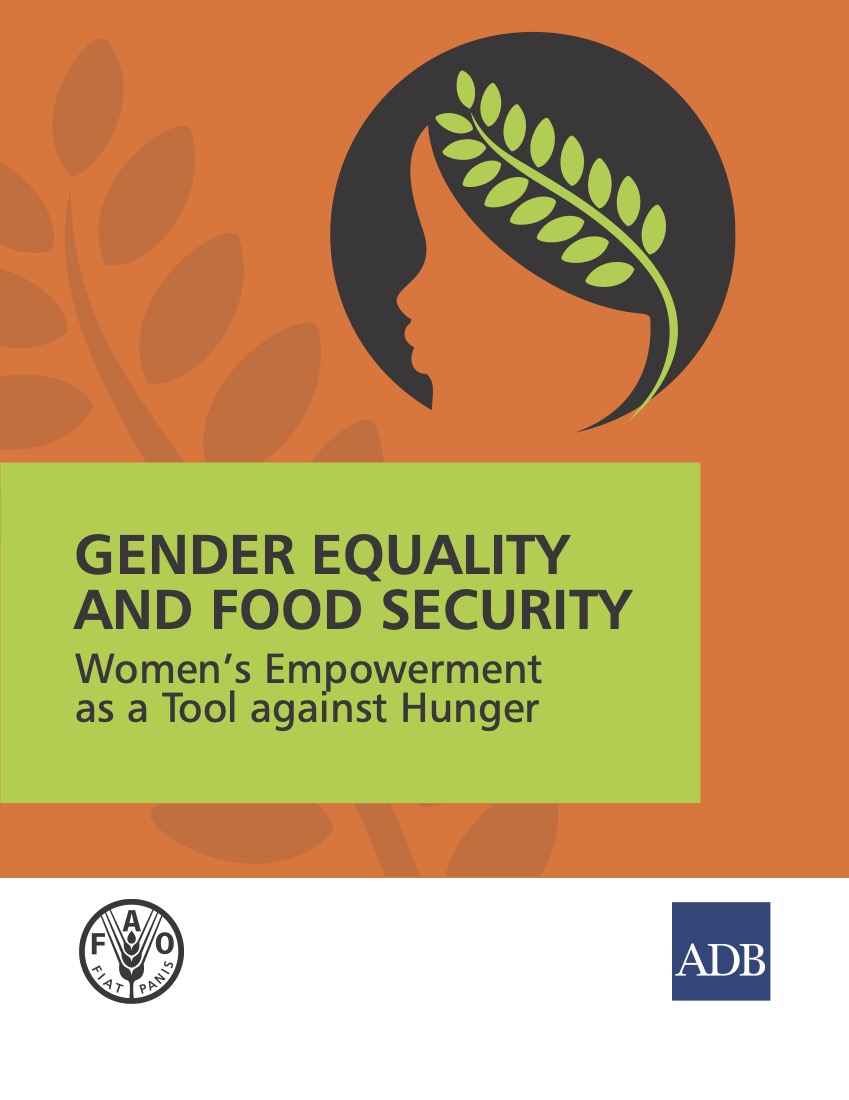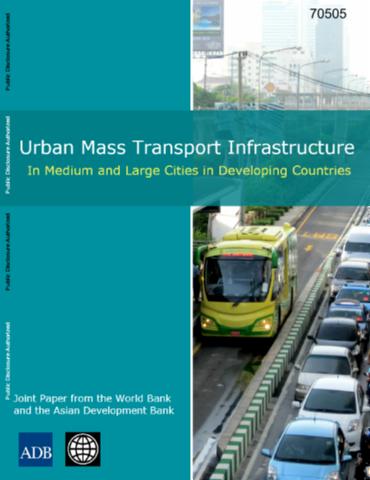The Asian Development Bank was conceived in the early 1960s as a financial institution that would be Asian in character and foster economic growth and cooperation in one of the poorest regions in the world.
As a multilateral development finance institution, ADB provides:
- loans
- technical assistance
- grants
Our clients are our member governments, who are also our shareholders. In addition, we provide direct assistance to private enterprises of developing member countries through equity investments and loans.
ADB maximizes the development impact of its assistance by
- facilitating policy dialogues,
- providing advisory services, and
- mobilizing financial resources through cofinancing operations that tap official, commercial, and export credit sources
Members:
Resources
Displaying 16 - 20 of 37Nationally appropriate mitigation actions for grassland and livestock management in Mongolia
This policy brief by the Asian Development Bank argues that, given the negative impact of climate change on Mongolia, it is crucial to select mitigation actions that reduce vulnerability to climate change, support the achievement of national development goals, and are feasible given local constraints.
Key messages from the brief include:
• Mongolia’s total emissions are low, but its emissions per capita are relatively high and rising and are produced primarily by the energy and agriculture sectors.
Gender equality and food security
Nepal: building climate resilience of watersheds in mountain eco-regions climate change and vulnerability mapping in watersheds in middle and high mountains of Nepal.
This study identifies and prioritizes subbasins/watersheds in the middle and high mountains of Nepal that are significantly vulnerable to climate change. The approach of the vulnerability assessment framework of the United Nation's Intergovernmental Panel on Climate Change (IPCC) was the guide for this study. The study is produced by consultants for the Building Climate Resilience of Watersheds in Mountain Eco-Regions in Nepal.
Urban Mass Transport Infrastructure in Medium and Large Cities in Developing Countries
Developed at the request of the Mexican G20 Presidency for consideration by the Finance Ministers and Central Bank Governors at the G20 Leaders' Summit in Mexico, and jointly prepared with the Asian Development Bank, this policy paper positioned green transport in the context of cities development. Urban transport determines the shape of a city and its ecological footprint. Many cities in low and middle income countries are at a crossroads.
Overview, Greater Mekong Subregion Economic Cooperation Program
An overview of the Asian Development Bank's Economic Cooperation program for the Greater Mekong Subregion, published in 2012.






